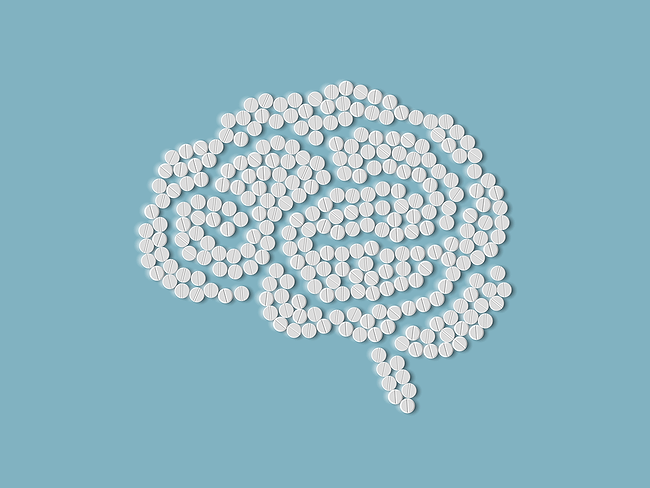
Articles Tagged with ''Alzheimer’s disease''
Neurology/psychiatric
Theranocure identifies new D1 receptor-targeting vanillic derivatives
Read MoreNeurology/psychiatric
GSK-3β inhibitor demonstrates efficacy in mouse model of Alzheimer’s disease
Read MoreNeurology/psychiatric





